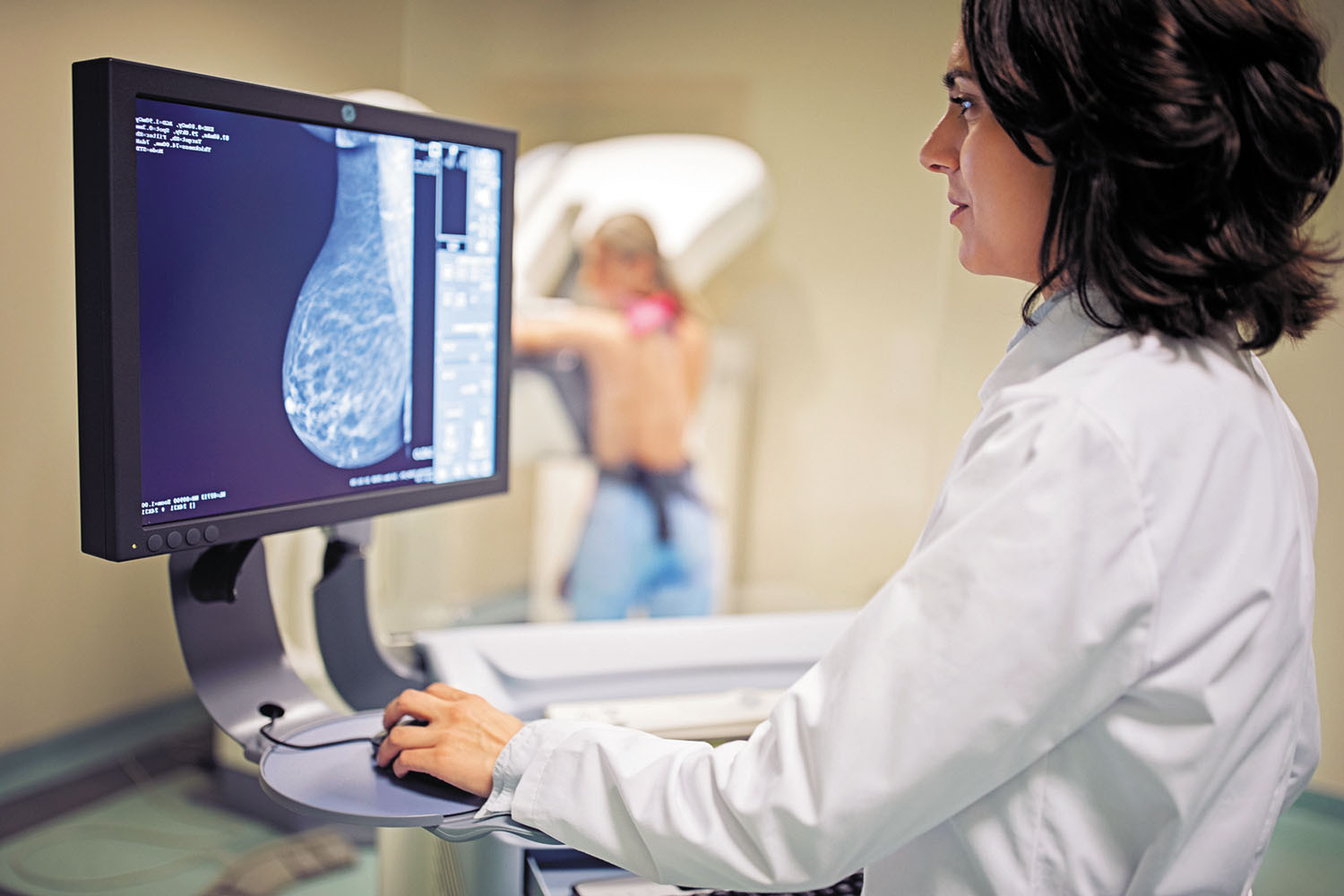
Zinc: What it does for the body, and the best food sources

Respiratory health harms often follow flooding: Taking these steps can help

Tips to leverage neuroplasticity to maintain cognitive fitness as you age

Can white noise really help you sleep better?

Celiac disease: Exploring four myths

What is prostatitis and how is it treated?

What is Cushing syndrome?

Exercises to relieve joint pain

Think your child has ADHD? What your pediatrician can do

Foam roller: Could you benefit from this massage tool?
Women's Health Archive
Articles
Women's heart symptoms not so different after all
Women have long been told to watch for "atypical" signs of heart attack, but new guidance reveals that heart symptoms are not as different in men and women as once believed. Women are also more likely to have a less-common subtype of heart failure, and reproductive history should be considered when assessing women's heart risks. Anyone experiencing chest pain should call 911, mention chest pain before other symptoms, and bear in mind that other chest sensations may signal heart attack.
Mammograms may help reveal cardiovascular risk
Postmenopausal women whose screening mammograms show signs of calcification in their breast arteries may have a higher risk of cardiovascular disease.
Considering pregnancy and have lupus? Plan ahead
In the past, people with lupus were advised to avoid pregnancy because doctors believed it was too risky. That's no longer true: in most cases, following expert guidelines can make a successful pregnancy possible. It's wise to think ahead, and to be aware of some important issues.
Gyn Care 101: What to know about seeing a gynecologist
There are many reasons you might want or need to see a gynecologist or seek gyn care from your health care team. It helps to understand who will provide your care, what to expect during the visit, what to discuss, and how to have a positive experience during the visit.
7 things you can do to prevent a stroke
Aging and a family history can increase the risk for a stroke, but women can lower it by managing factors that are under their control-such as diet, exercise, blood pressure, smoking, and diabetes.
High resting heart rate predicts heart risk in women at midlife
A study based on data from the Women's Health Initiative suggests that a high resting heart rate is an indicator of risk of heart attack in middle-aged women.
Can the COVID-19 vaccine affect menstruation?
A study found that women who were vaccinated against COVID-19 experienced a slight, temporary increase in the number of days between menstrual periods after getting the shot. Experts say the variation is not harmful and does not affect fertility.
Bracing for incontinence
Among US women ages 60 or older, the prevalence of urge incontinence (a sudden, unprovoked need to urinate) and stress incontinence (leaking urine with physical activity or pressure on the bladder) appeared to increase between 2005 and 2018. Treatments for urge incontinence include lifestyle modifications (such as avoiding caffeinated drinks or scheduling bathroom breaks), pelvic floor exercises, medications, and Botox injections. Treatments for stress incontinence include pelvic floor exercises, weight loss, vaginal pessaries, bulking agent injections, and bladder sling surgery.
Paths to parenting: Choosing single parenthood through pregnancy
Choosing to become pregnant and parent without a partner is increasingly common and more widely accepted than in the past, but deciding to pursue this path can be lonely. Additionally, there are important questions about financial security and the support of family and friends that a prospective single parent needs to consider.

Zinc: What it does for the body, and the best food sources

Respiratory health harms often follow flooding: Taking these steps can help

Tips to leverage neuroplasticity to maintain cognitive fitness as you age

Can white noise really help you sleep better?

Celiac disease: Exploring four myths

What is prostatitis and how is it treated?

What is Cushing syndrome?

Exercises to relieve joint pain

Think your child has ADHD? What your pediatrician can do

Foam roller: Could you benefit from this massage tool?
Free Healthbeat Signup
Get the latest in health news delivered to your inbox!
Sign Up











